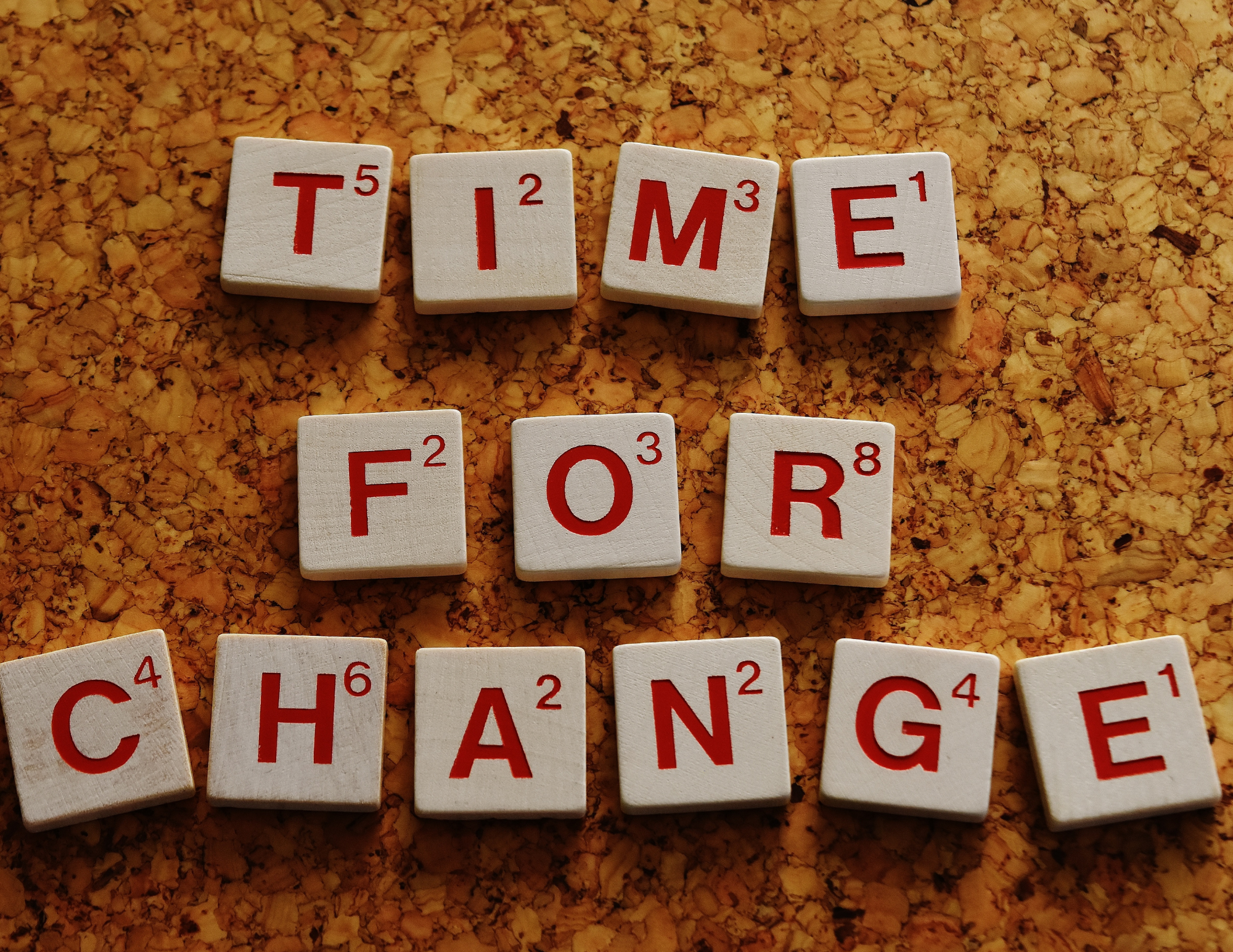Breaking the Shame Cycle: Overcoming Rage, Silence, and People-Pleasing in Relationships
Breaking the Shame Cycle: Overcoming Rage, Silence, and People-Pleasing in Relationships
As a therapist, I frequently see how deeply shame impacts the way people interact in relationships. Shame drives us to believe we are unworthy and, in an attempt to protect ourselves from this belief, we often hide our true selves. Over time, this can lead to patterns like silence, people-pleasing, and even rage, which ultimately create distance and disconnection in our relationships. But what if we could begin to untangle these patterns and build relationships that are grounded in authenticity, mutual respect, and healthy boundaries?
Shame often leads us to hide parts of ourselves, thinking that if others see our true selves, they will reject or abandon us. This fear of rejection can cause us to suppress our needs, avoid confrontation, and endlessly try to please others. We believe that by making everyone else happy, we will somehow earn their love and acceptance. But in doing so, we lose our sense of self-worth and can feel invisible or unimportant, like you have nothing to offer in relationships.
Rage is one of the more destructive ways shame can manifest in relationships. When we feel unworthy or inadequate, we may suppress our feelings, but eventually, this emotional buildup can result in outbursts of anger. Rage can serve as a defense mechanism, a way to protect ourselves from the vulnerability that shame creates. It’s often easier to express anger than to admit feelings of hurt or fear. However, unchecked rage only fuels the cycle of shame, leading to greater disconnection, and leaving us feeling even more isolated.
Breaking the Cycle: Boundaries and Healthy Expression
Silence, people-pleasing, and rage are all ways shame gets acted out when we avoid expressing our true needs and emotions. One of the most important steps in healing from shame and overcoming these damaging patterns is learning to set healthy boundaries. Setting clear boundaries allows us to communicate authentically and be treated with respect; also it prevents us from continually sacrificing ourselves for others' comfort.
This requires being emotionally honest—acknowledging that it’s okay to feel anger, sadness, or fear. We must stop suppressing these feelings out of fear of abandonment and begin to express them in healthy ways (see my post last month on healthy anger). When we do, we pave the way for healthier, more equal relationships.
Self-care is a crucial aspect of breaking free from shame. When we care for ourselves—mentally, emotionally, and physically—we build the strength to engage in relationships as equals, not as people constantly trying to please others or suppress their needs. It’s a process that involves recognizing our worth, setting boundaries, and not allowing ourselves to be controlled by shame or rage.
Breaking the cycle of shame, silence, people-pleasing, and rage is challenging, but it is possible. You are worthy of love and respect just as you are. By embracing your emotions and setting healthy boundaries, you can start to heal and build deeper, more fulfilling relationships.
**Link to post from last month referenced above: Understanding the Role of Anger in Healthy Boundaries
About The Author
Helena Habes, MS, AMFT, an associate marriage and family therapist (AMFT15024), is supervised by Jeremy Mast, MS, MDiv, LMFT, CSAT, CPTT (CA90961). With a strong background in addiction treatment, Helena brings a compassionate, trauma-informed approach to therapy, creating a safe and supportive space for individuals and couples to heal and grow. Helena empowers clients to make lasting changes, strengthen their relationships, and create healthier patterns of communication and intimacy.


